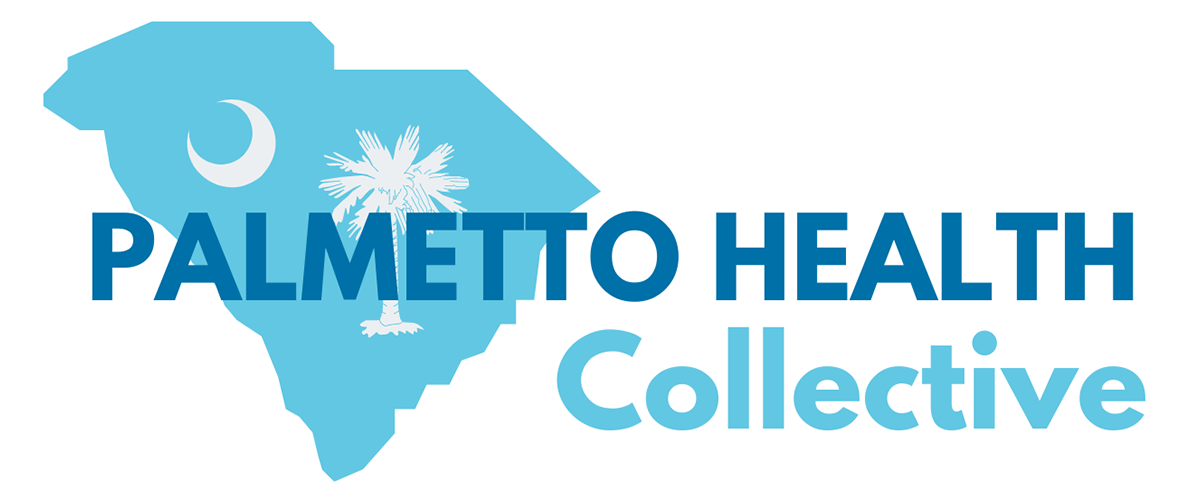ABOUT THE SURVEY
Understanding how health insurance works involves exploring how people feel about their health coverage, how affordable that coverage is, how they interact with their insurance provider, the problems they experience, and, critically, how insurance works for people when they get sick. To accomplish this, the KFF Survey of Consumer Experiences with Health Insurance interviewed a nationally representative sample of 3,605 U.S. adults with health insurance. To gauge the diversity of experience among insured adults, the sample includes interviews with 978 adults whose primary coverage is through their or a spouse’s employer, 885 adults with Medicare, 880 individuals who purchased their own coverage through the ACA Marketplace, and 815 adults with Medicaid. Importantly, people covered by different types of insurance have different levels of income, education and health status, which may affect their experiences and views.
This initial report provides an overview of the survey findings, exploring problems patients often face when using their insurance –related to claims processing and denials, inadequate provider networks, and others – as well as whether consumers can resolve their insurance problems and the consequences that can arise from them. Along with problems insured adults have experienced, this report also covers how well consumers understand their health insurance, their rights, and the government agencies to call if they need help. In addition to an overview of the varied problems insured adults experience when using their insurance – especially for people who are sick – this report also provides a more detailed review of difficulty accessing mental health care and affordability concerns – two prominent issues among many insured adults. Finally, this report explores consumers’ views on public policies that might make insurance easier to understand and insurance problems easier to avoid or resolve. Data were analyzed across health status, coverage type, race and ethnicity and other consumer characteristics, and this report presents the findings where there were compelling differences.
In the coming months, KFF plans to release additional reports providing further detailed analysis on the insurance experiences of adults within specific types of insurance (employer coverage, Marketplace, Medicare, and Medicaid), on the experiences of key patient populations including those with specific chronic conditions, and about ongoing policy discussions to address health insurance problems, complexity, and affordability.
ABOUT THE SURVEY
Most insured adults give their health insurance positive ratings, though people in poorer health tend to give lower ratings. Most insured adults (81%) give their health insurance an overall rating of “excellent” or “good,” though ratings vary based on health status: 84% of people who describe their physical health status as at least “good” rate insurance positively, compared to 68% of people in “fair” or “poor” health. Ratings are positive across insurance types, though higher shares of adults on Medicare rate their insurance positively (91%) and somewhat lower shares of those with Affordable Care Act (ACA) Marketplace coverage give their insurance a positive rating (73%).
Despite rating their insurance positively, most insured adults report experiencing problems using their health coverage; people in poorer health are more likely to report problems. A majority of insured adults (58%) say they have experienced a problem using their health insurance in the past 12 months – such as denied claims, provider network problems, and preauthorization problems. Looking at responses by health status, two-thirds (67%) of adults in fair or poor health experienced problems with their insurance, compared to 56% of adults who say they are in at least “good” physical health. Notably, about three in four insured adults who received mental health care in the past year, or who use a lot of health care (defined as more than ten provider visits in a year) experienced insurance problems. At least half of adults across insurance types say they experienced a problem, though the nature of problems people experienced varied somewhat more based on their type of coverage.
Nearly half of insured adults who had insurance problems were unable to satisfactorily resolve them, with some reporting serious consequences. Half of consumers with insurance problems say their problem was resolved to their satisfaction. Among the 58% of insured adults who had a problem with their insurance in the past year, about one in six (17%) say they were unable to receive recommended care as a direct result of their problems; 15% say they experienced a decline in their health and about three in ten (28%) say they paid more than they expected for care all as a direct result of their problems.
Among those with the greatest mental health needs, many adults across insurance types find their coverage lacking and report forgoing needed care. Among insured adults who report being in “fair” or “poor” mental health, four in ten (43%) say there was a time in the past year when they did not get mental health services or medication they thought they needed, and a similar share (45%) give their insurance a negative rating when it comes to the availability of mental health providers. One in five of this group (19%) say there was a time in the past year when a particular mental health service or treatment they needed was not covered by their plan. People with Medicare – who are less likely overall to say they are in fair or poor mental health – are also somewhat less likely than adults with other types of insurance to say a needed mental health therapist or treatment was not covered by their insurance. Adults with Marketplace and Medicaid coverage are more likely than those with employer sponsored insurance (ESI) or Medicare to negatively rate their insurance when it comes to the availability of mental health providers.
Affordability of premiums and out-of-pocket costs are a concern, particularly for those with private health coverage, and for some, contributed to not getting care. About half of adults with Marketplace plans (55%) or ESI (46%) rate their insurance negatively when it comes to premiums, compared to 27% of people with Medicare and 10% of Medicaid enrollees. Four-in-ten insured adults say they skipped or delayed some type of care in the past year due to cost. One in six insured adults (16%), including larger shares of those at lower income levels, say they had problems paying medical bills in the past year.
Insured adults overwhelmingly support public policies to make insurance simpler to understand and to help them avoid or resolve insurance problems. About nine in ten say they support requirements on insurers to maintain accurate and up-to-date provider directories, provide simpler, easier to read EOBs, disclose their claims denial rates to regulators and the public, and provide in advance, upon request, information about whether care is covered and their out-of-pocket cost liability. Nearly eight in ten say they would be likely to use the services of a publicly established consumer assistance program (CAP) when they encounter insurance problems. All of these public policies have already been enacted, though not all have been fully implemented or funded. The survey did not probe trade-offs that might be involved in implementing existing or future consumer protections in these areas, such as administrative costs.
More information can be found at the KFF Website.

